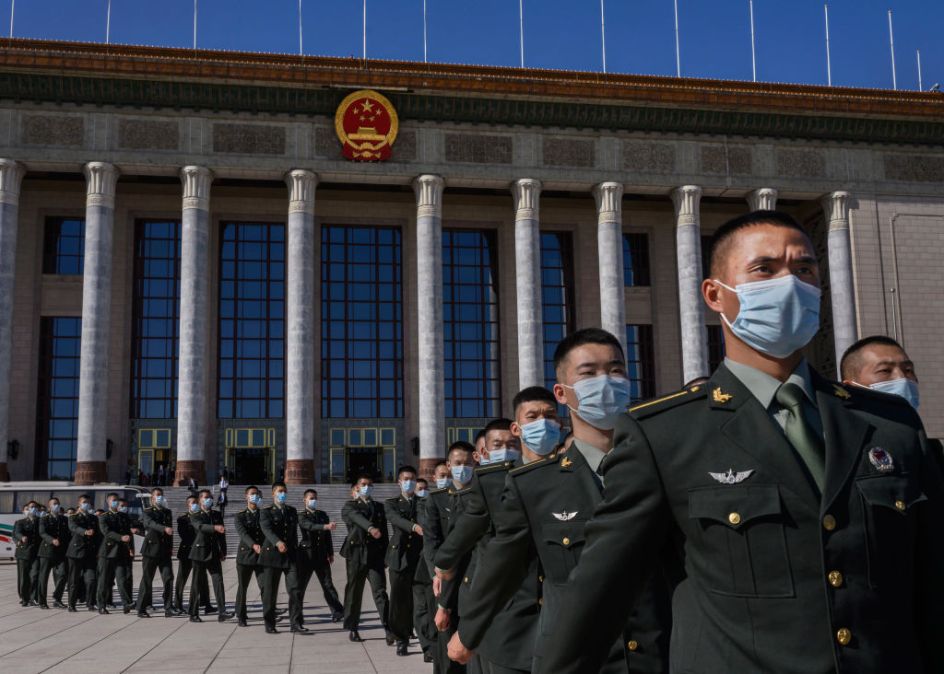White House executive order further restricts investments in Chinese surveillance technology

President Joe Biden on Thursday signed an executive order that expands restrictions on U.S. investments in the Chinese defense sector and takes aim at the export of Chinese surveillance technologies.
Building on a Trump administration order, the new directive expands to 59 the list of Chinese companies that Americans are barred from investing in. The order, the White House said, will also give U.S. officials greater leeway in addressing the threat of Chinese surveillance technology that is used to repress religious or ethnic groups inside and outside of China.
The directive allows the U.S. “to prohibit – in a targeted and scoped manner – U.S. investments in Chinese companies that undermine the security or democratic values of the United States and our allies,” the White House said in a statement.
Several Chinese technology firms have been implicated in the Chinese government’s mass detention of Uyghurs, a mostly Muslim minority group whose persecution U.S. officials have referred to as a genocide, in the province of Xinjiang. The White House is concerned that other authoritarian regimes will adopt that same surveillance equipment.
“What is happening in Xinjiang heightened the sensitivity about exporting those technologies to other countries,” said Adam Segal, director of the Digital and Cyberspace Policy program at the Council on Foreign Relations. The directive is evidence of continuity in policy toward Chinese technology from the Trump to Biden administrations, he added.
Segal said that the executive order’s clear language over which companies were blacklisted was an effort to avoid a repeat of earlier this month, when the Pentagon was forced to lift a ban on Chinese electronics firm Xiaomi Corp. A federal judge had ruled that the U.S. government’s process for banning Xiaomi was “deeply flawed.”
The directive comes as U.S. government officials continue to investigate an alleged Chinese hacking operation that has targeted trade secrets in the U.S. defense sector.






